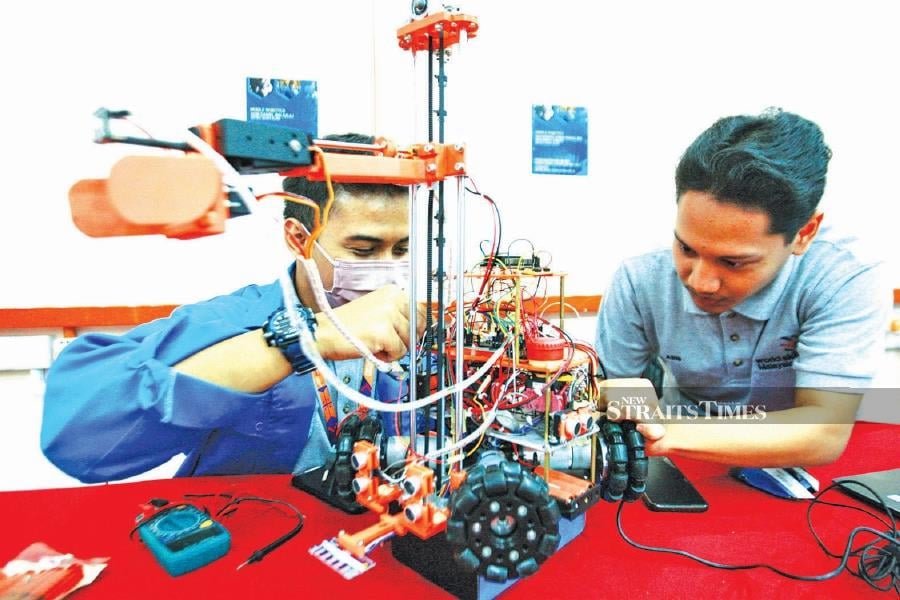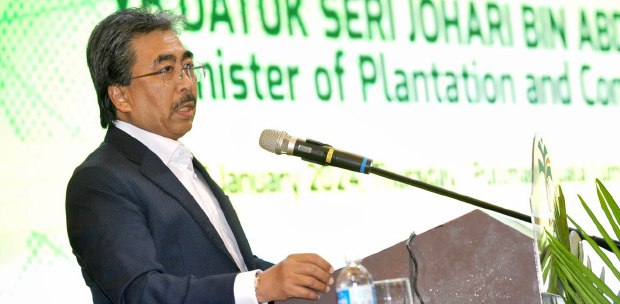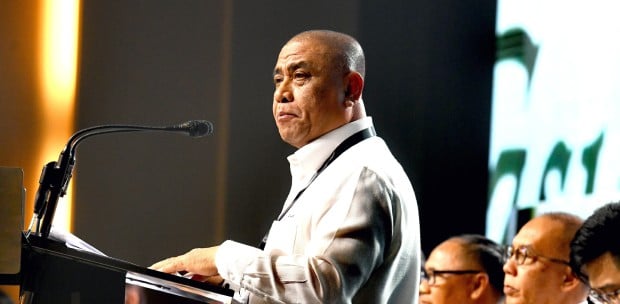KUALA LUMPUR: The participation of government-linked companies (GLC), government-linked investment companies (GLIC), and private sector enterprises in Technical and Vocational Education and Training (TVET) has the potential to enrich TVET learning by fostering the exchange of expertise.
Department of Polytechnic Education and Community Colleges director-general, Dr. Mohd Zahari Ismail, highlighted that the partnership between the department and various GLCs, GLICs, and private companies has demonstrably played a crucial role in advancing TVET across multiple aspects.
This encompasses the enhancement and refinement of curricula and programmes, financial support or funding, the transfer of knowledge and technology, the provision of industrial training opportunities for both students and lecturers, as well as the provision of employment opportunities with substantial salaries.
"Previous examples of GLC companies involved include Telekom Malaysia, which invested RM3.5 million to upgrade TVET and provided scholarships for B40 students. Maybank also entrusted nine educators or lecturers to participate in the first engagement programme held within the banking industry," he told Bernama.
Furthermore, he noted that 81 polytechnic students had the opportunity to engage in international industrial training in countries such as Hungary, Qatar, Singapore, Thailand, and the United Kingdom, thanks to collaborations with various GLIC companies.
"Experiencing international work exposes students to broader perspectives, providing them with valuable experiences and immediate job offers with competitive and premium salaries," said Zahari.
Prime Minister Datuk Seri Anwar Ibrahim, in his special address at the closing ceremony of the Bumiputera Economic Congress (KEB) 2024 in Putrajaya on Saturday, announced that 100,000 Bumiputera TVET trainees would be produced with a target minimum monthly salary of RM3,000.
According to him, GLCs and GLICs, as well as private companies, including those owned by the Chinese and Indian communities, will be involved in this initiative to train predominantly Bumiputera TVET trainees.
Mohd Zahari highlighted there were several initiatives undertaken at the Polytechnic and Community College levels to cultivate skilled workers, such as the Structured Internship Programme, however, only 25 industrial organisations participated in this programme, in contrast to the 14,790 involved in the general industrial training programme.
Zahari added that the employability rate for these graduates in 2023 was more than 95 per cent, thus active engagement with industries is necessary to ensure they consistently meet industry needs and remain relevant to current technological changes.
National TVET Development Association chairman, Mohamad Yaacob, stated that GLCs, GLICs, and private companies can be involved in designing TVET learning modules by incorporating cutting-edge technologies such as artificial intelligence (AI), the Internet of Things (IoT), the Fourth Industrial Revolution (IR4.0), and electric vehicles (EV).
He emphasised that new job fields emerging from such technological advancements require training and skill enhancement to ensure higher wages.
"This transformation can be implemented, even in labour-intensive industries, potentially replacing foreign workers," he added.
He noted that the Prime Minister's announcement comes at an opportune time, considering the current technological developments that demand active involvement from GLCs, GLICs, and private companies to elevate the status of TVET training, ensuring it is no longer perceived as second-class learning.--BERNAMA





